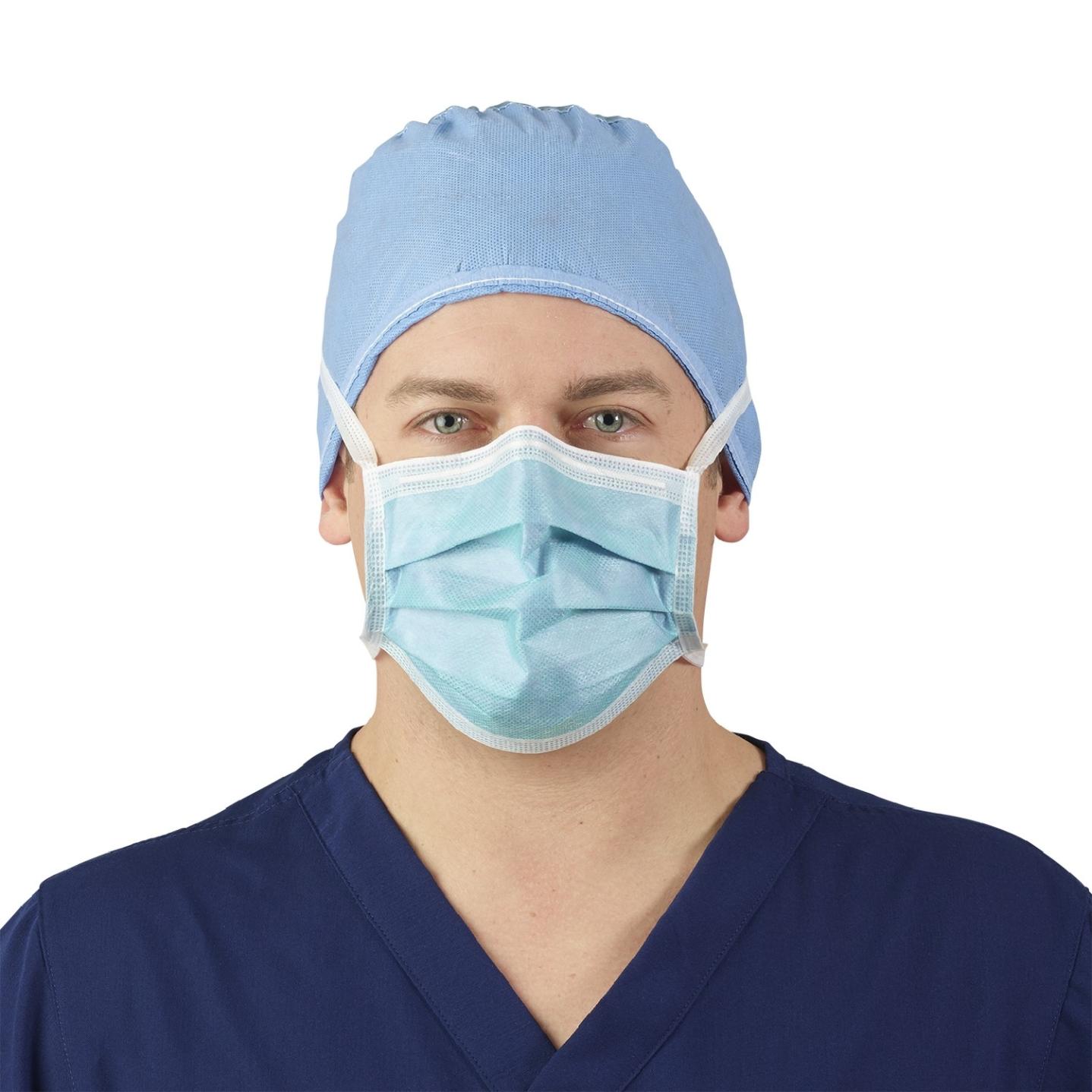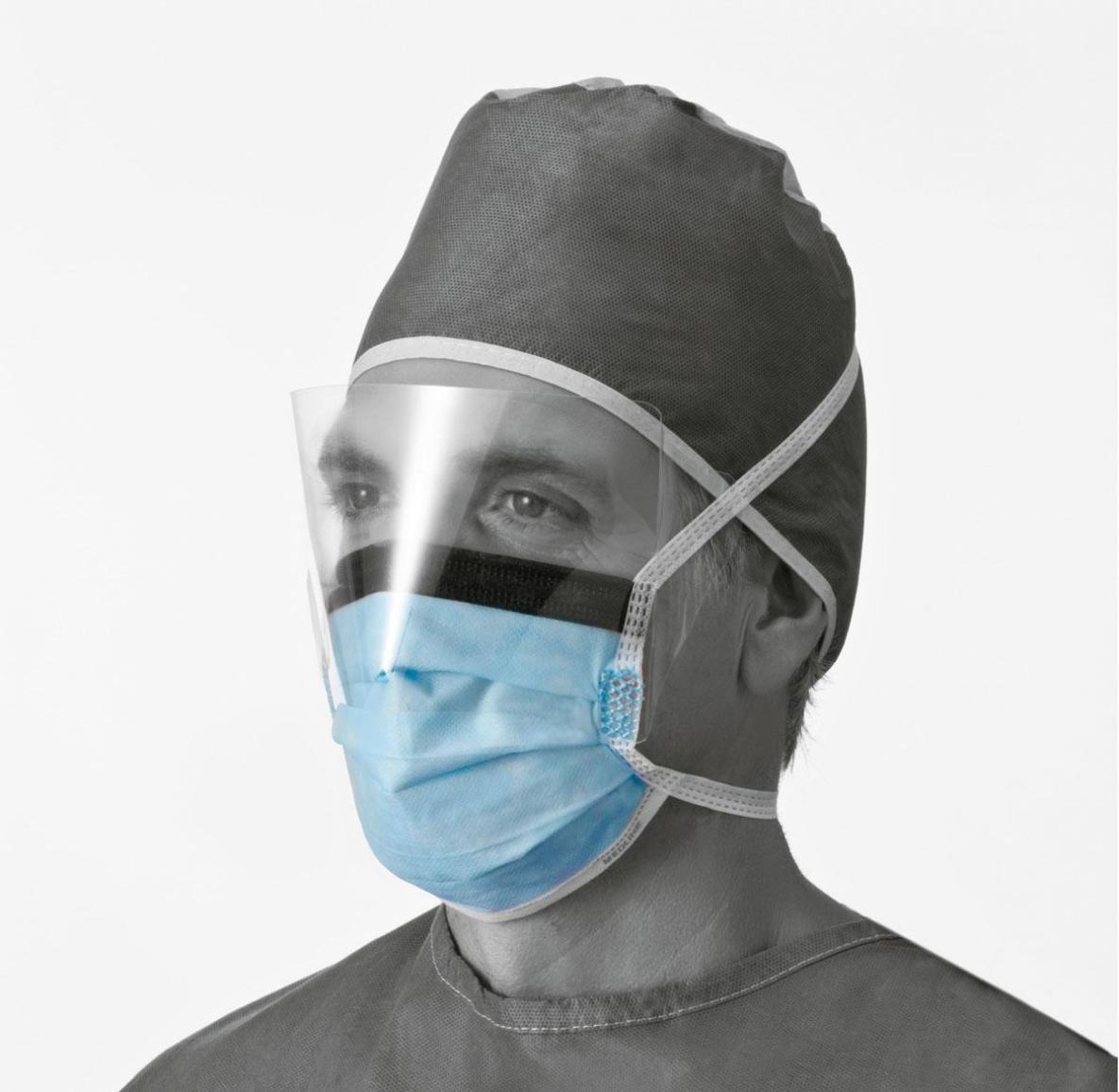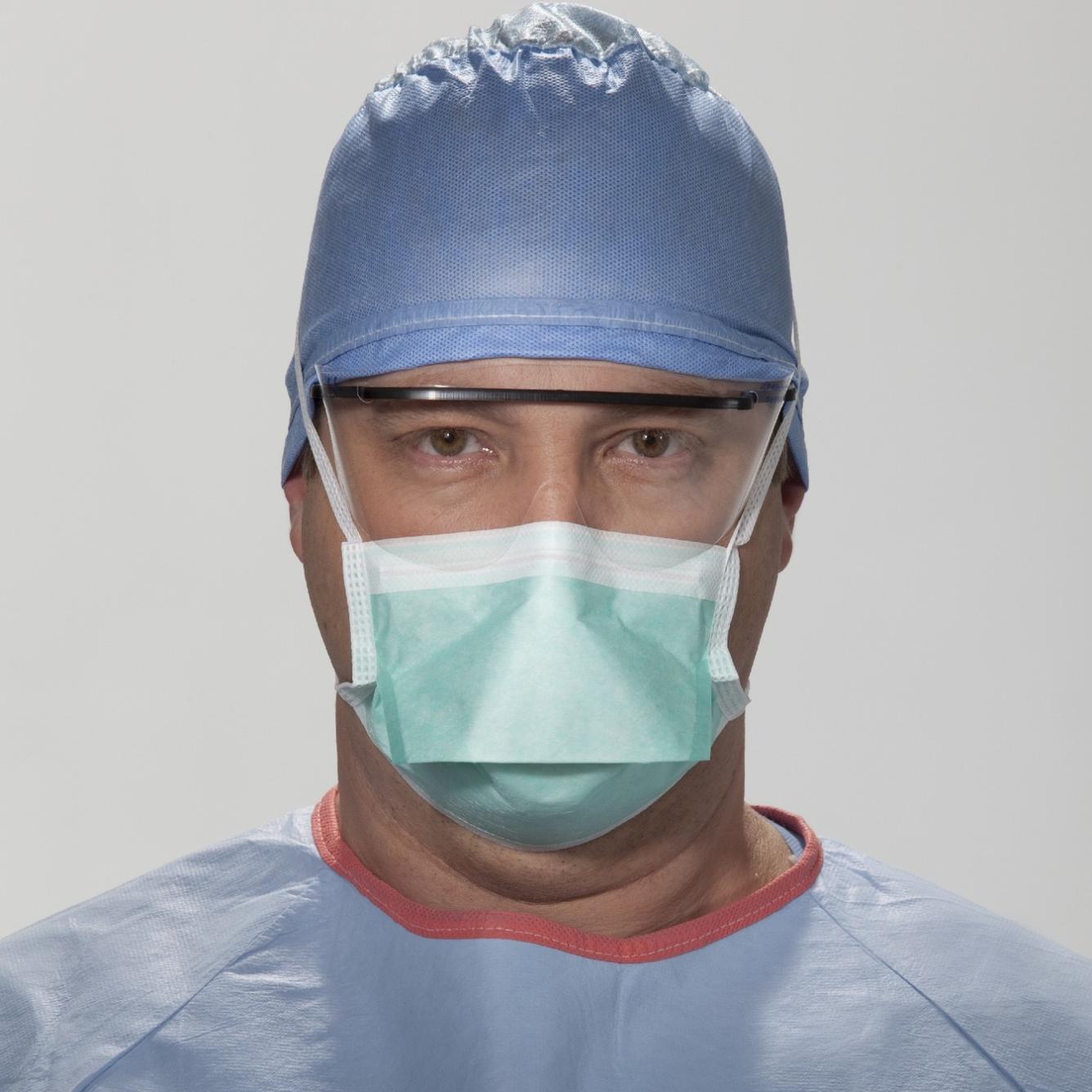Unveiling the Efficacy of Surgical Masks: A Comprehensive Analysis
In the realm of public health, the effectiveness of surgical masks in preventing the transmission of respiratory illnesses has been a subject of ongoing debate and research. This article delves into the intricate world of surgical masks, examining their efficacy, limitations, and the scientific evidence supporting their use in various settings.

Surgical Masks: A Protective Barrier
Surgical masks, also known as procedure masks, are personal protective equipment (PPE) designed to create a physical barrier between the wearer's mouth and nose and potential contaminants in the environment. They are commonly used in healthcare settings to protect healthcare workers and patients from the spread of infectious diseases. Surgical masks are typically made of non-woven materials, such as polypropylene, and are designed to filter out particles and droplets containing viruses and bacteria.
Mechanism Of Action
Surgical masks work primarily through two mechanisms: filtration and droplet blocking. The mask's material acts as a physical barrier, preventing the wearer from inhaling or exhaling respiratory droplets that may contain infectious agents. Additionally, the mask's design helps to reduce the dispersion of respiratory droplets from the wearer, potentially limiting the spread of infection to others.
Efficacy Of Surgical Masks: Weighing The Evidence
Numerous studies have investigated the efficacy of surgical masks in preventing the transmission of respiratory illnesses. While the findings vary somewhat, there is a growing body of evidence supporting the effectiveness of surgical masks in reducing the risk of infection.
Evidence From Observational Studies

Observational studies, which examine the relationship between exposure to a risk factor (in this case, surgical mask use) and the occurrence of an outcome (infection), have provided valuable insights into the protective effects of surgical masks. A meta-analysis of observational studies conducted in healthcare settings found that surgical mask use was associated with a 65% reduction in the risk of respiratory infections among healthcare workers.
Evidence From Randomized Controlled Trials
Randomized controlled trials (RCTs), considered the gold standard of clinical research, provide stronger evidence for the efficacy of surgical masks. A systematic review and meta-analysis of RCTs investigating the effectiveness of surgical masks in preventing influenza-like illness (ILI) found that mask use was associated with a 56% reduction in the risk of ILI.
Limitations And Considerations

While the evidence supports the efficacy of surgical masks in reducing the risk of infection, it is crucial to acknowledge their limitations. Surgical masks are not perfect barriers, and their effectiveness can be influenced by factors such as the mask's fit, the wearer's compliance, and the type of respiratory pathogen involved.
Additionally, the efficacy of surgical masks may vary depending on the specific setting and the prevalence of infection. In high-risk environments, such as healthcare facilities during outbreaks, surgical masks may be less effective due to the increased concentration of infectious agents.
Conclusion: The Role Of Surgical Masks In Public Health
Based on the available evidence, surgical masks can be considered an effective tool in reducing the transmission of respiratory illnesses. Their use in healthcare settings, particularly during outbreaks, is well-established and supported by scientific data. In community settings, surgical masks may also play a role in mitigating the spread of respiratory infections, especially during periods of high transmission.
However, it is important to emphasize that surgical masks are not a panacea. They should be used in conjunction with other preventive measures, such as hand hygiene, physical distancing, and vaccination, to achieve optimal protection against respiratory illnesses.
As the world continues to grapple with the challenges of respiratory infections, the efficacy of surgical masks remains a critical area of research. Ongoing studies will further elucidate the role of surgical masks in preventing the spread of disease and contribute to the development of more effective strategies for public health protection.
YesNo

Leave a Reply